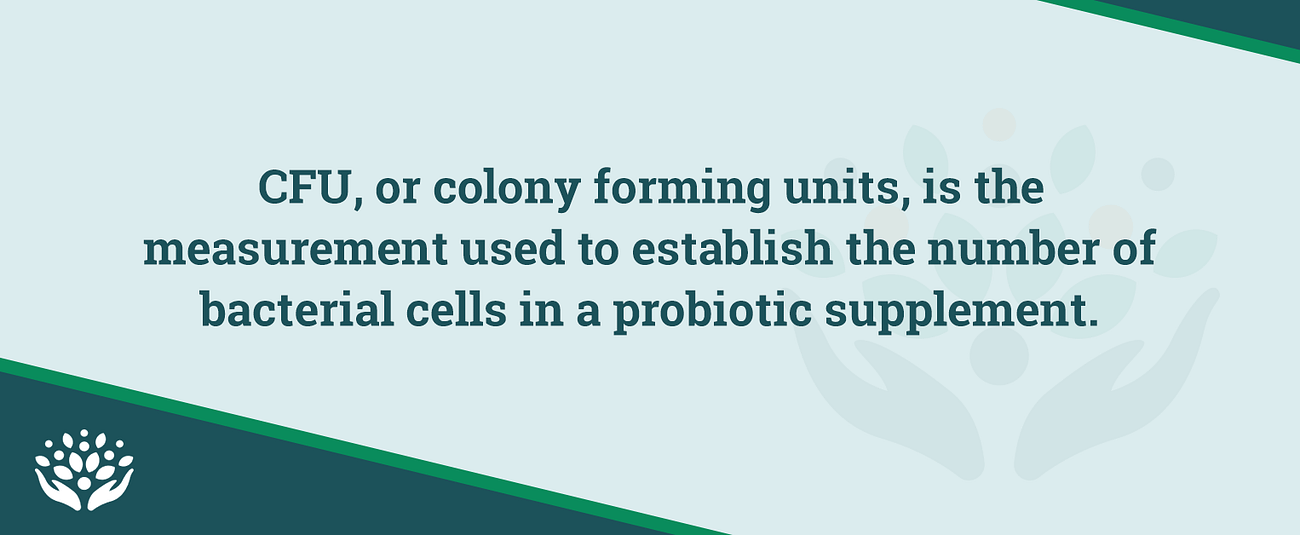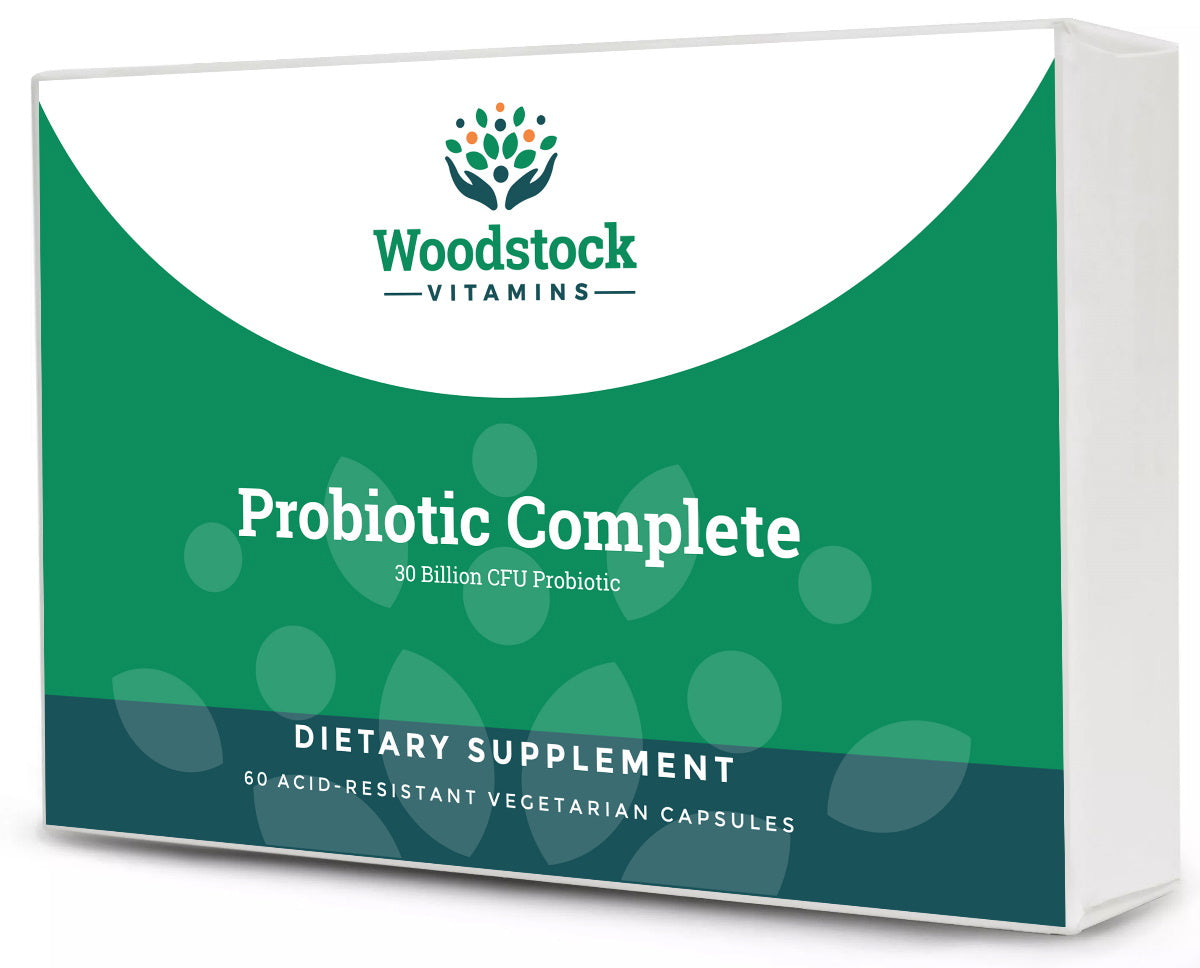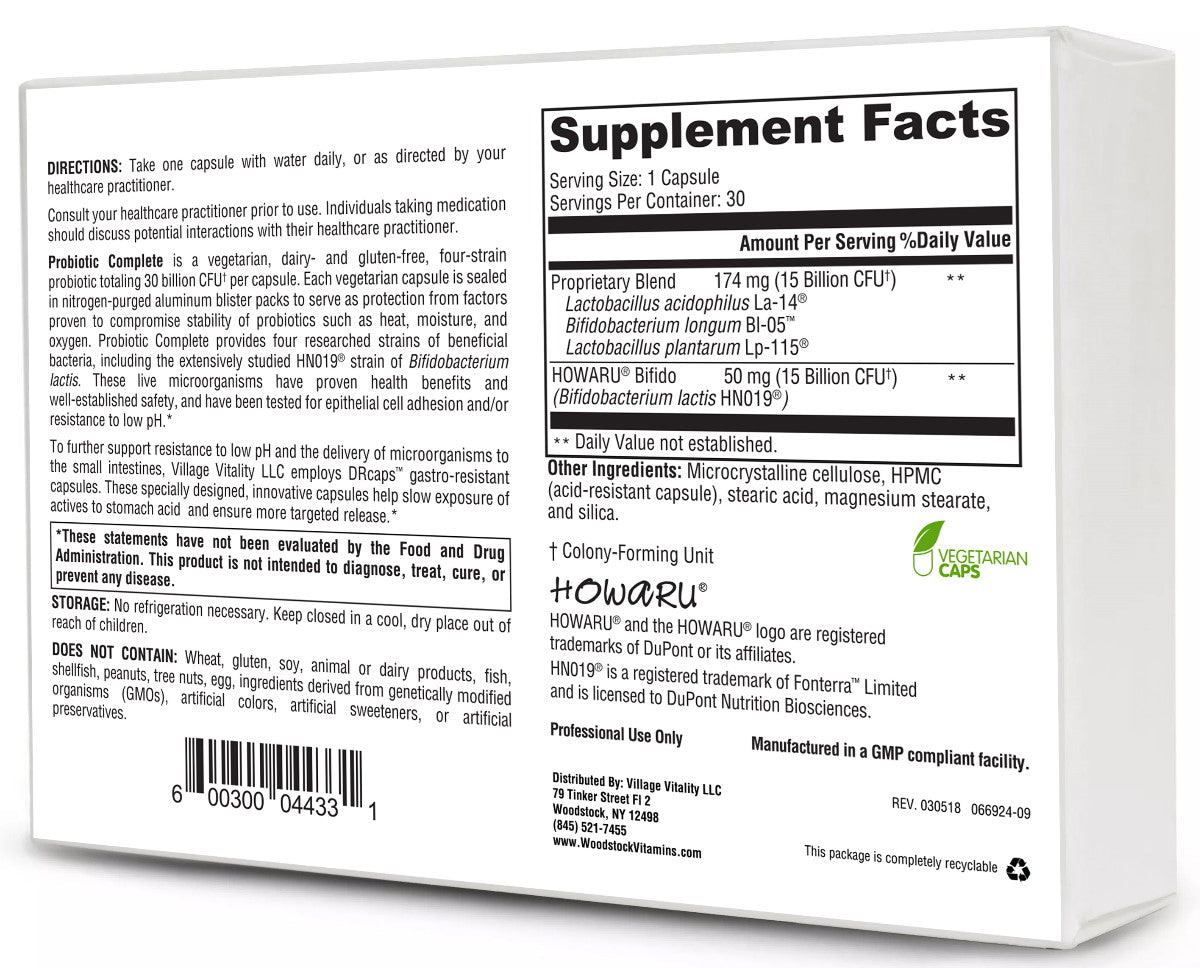
Crack open a cold one, fellow wellness seeker! A cold kombucha, that is.
Today, we’re uncovering the facts about a health trend bandwagon that over a million people have jumped on — probiotics.
Like most ultra-popular vitamins, probiotic supplements are shrouded in myths, misconceptions, and marketing tactics. While it shouldn’t be our job, as consumers, to don our detective hats and put a magnifying glass to these microorganisms, we have no choice.

And we have the lack of industry regulations in the natural health world to thank for making the probiotic landscape one that’s riddled with misleading clues and deceptive disguises.
(Turns out the FDA isn’t the Dr. Watson to our Sherlock.)
So, in pursuit of the truth, we turned to our founder and very own supplement sleuth, Dr. Neal. The holistic pharmacist and wellness wisecracker has spent 20+ years of clinical experience investigating supplements and interrogating charlatans.
Now, with Dr. Neal’s insight, we can deftly navigate the labyrinth of claims and counterclaims, separate fact from fiction, and reveal what truly matters when it comes to probiotics.
If you know anything about us wellness rebels here at Woodstock Vitamins, it’s that we always take a food-first approach. Because, unfortunately, even the highest quality supplements can’t outweigh a Cheeto-based diet.
To avoid wasting money on supplements, then, we start at the foundation of the Wellness Pyramid, strategically optimizing the 5 lifestyle domains before anything else.
(For the newbies — that’s diet, sleep, exercise, stress management, and lifestyle changes.)

So it might be surprising to hear us say that, when it comes to probiotics, you should start supplementing ASAP. Like, right now.
Do not pass go, do not collect 200 different kinds of kimchi.
While probiotic bacteria are found in cultured foods like kefir and yogurt, or fermented foods like sauerkraut and some pickles, the amount of beneficial bacteria included usually isn’t worth the price tag. Recent research has shown that the dosages of probiotics from food sources are too low to offer the benefits found in clinical trials.
Does that mean you shouldn’t diversify your diet and support your gut microbiome with probiotic foods? No way!
Probiotic foods can still provide crucial micronutrients that your body needs to function, and the fiber your stomach needs to thrive. Just don’t rely on food as your only source of probiotics as even the healthiest will lack the levels needed to reap the benefits.
That’s why probiotics are one of Dr. Neal’s Vital5, after all.
Learn More: 5 Crucial Nutrients (Almost) All of Us Are Lacking
One of the first things you’ll notice about the myriad of options for probiotic supplements is that they all claim to have billions upon billions of CFUs.
Which seems like a good thing, right? When it comes to our health, we always want more, more, more of the stuff that’s going to make our bodies happier. So a billion or two beneficial bacterial cells swimming around in our guts seems pretty great on the surface.
But with probiotics, bigger isn’t always better.
Learn More: Be Proactive: How Can Probiotics Improve Your Health?

A high-quality probiotic supplement will still have a relatively huge dose of active CFUs, but it’s the amount of certain, specific strains we should be looking at.
Billions of random, cheap, ineffective probiotic strains make their way into supplements all the time. And innocent consumers purchase them, thinking the extra 5 billion in this supplement makes it a better option than that supplement over there.
It’s a clever marketing tactic, not an actual selling point.
So before you fork over your cold hard cash for a probiotic supplement, do your research. Cut through the noise by figuring out which strains have been clinically proven to help with the issue you’re addressing, and then ignore the billions of phonies vying for your purchase.

Learn More: Probiotics Done Right: 3 Tips for Buying the Right Probiotic Supplement
Now you know that billions aren’t better and probiotic foods are close but no cigar. Congrats! You’re two steps ahead of the average consumer and two steps closer to finding the best probiotics supplement.
But here’s another hurdle: Most probiotics are decreasing in potency every day that they sit in your supplement cabinet.
So not only do you have to find the probiotic with the right dose of the right strains — but also you have to find the one with a potency guarantee.
And no, reading the label isn’t enough to ascertain whether or not you’ve found a probiotic supplement that won’t lose effectiveness while you’re still taking it. For that, you’ll have to find a super transparent manufacturer.
Why? Because the billions and billions of beneficial strains listed in the supplement facts were there at the time of manufacture, which could have been days, weeks, months, or even years ago.
While this isn’t quite a straight-up marketing myth, it is a salesy sleight of hand.
Skeevy supplement manufacturers can be somewhat honest by saying they mixed in a billion CFUs of this strain and a billion of that strain, without having to explain that by the time it reaches your doorstep, only millions remain.
Throw in conditions of the real world — like temperature fluctuations, improper storage, and shipping mishaps — and you’re likely only getting about 1/4th of those millions, according to third-party analyses.
Learn More: Supplement Expiration Dates: To Toss or Not to Toss
Speaking of adequate storage and shipping conditions: No, you don’t have to refrigerate all probiotic supplements.
Shocking, we know.
This misconception has been circulating the health forums for a while now, and at one point, it was based in reality. It used to be that probiotics had to be in cold storage because the microorganisms would die if exposed to too much heat or light.
Nowadays, the science of shelf-life has improved, and thank goodness for that. In times past, probiotics needed to be cultured, manufactured, shipped, and stored at the proper temperature to maintain what’s called the “cold chain.”
Maintaining the cold chain in a profit-first industry known for cutting corners was, as you’d expect, a nightmare.

Don’t get us wrong though — some probiotic supplements still require refrigeration, and it’s super important to know if yours does or not.
Because if it does require cold storage, it’s probably a waste of money.
You see, for most vitamin retailers, the first time their probiotics are put in a fridge is when they reach the store. Supplement distributors typically outsource their formulas and products, so verifying the cold chain is nearly impossible.
Thankfully, the workaround for this issue is pretty dang easy. Save yourself the time and stress of figuring out if your supplement was kept chilly enough by simply opting for a shelf-stable probiotic formula instead.


TL;DR: Don’t buy probiotics based on the billions of CFUs, buy them based on the number of clinically-verified strains included. Avoid the supplements that require refrigeration and/or can’t offer a potency guarantee.
And listen, rookie. If you need a pro to join you on the probiotic beat, give us a call. You can chat with one of our supplement detectives or even the big man himself, Dr. Neal, for free via Counterside Consult.

Shop the Vital 5
Peek behind the curtain of supplement industry misinformation and enjoy special promotions, podcast episodes, and our No-BS approach to holistic care, sent weekly.

We built the model for finding supplements that work for your wellness, your wallet, and the world. Learn More
Peek behind the curtain of supplement industry misinformation and enjoy special promotions, podcast episodes, and our No-BS approach to holistic care, sent weekly.

We built the model for finding supplements that work for your wellness, your wallet, and the world. Learn More
These statements have not been evaluated by the Food and Drug Administration. This product is not intended to diagnose, treat, cure or prevent any disease.
Use only as directed. Consult your healthcare provider before using supplements or providing supplements to children under the age of 18. The information provided hereinis intended for your general knowledge only and is not intended to be, nor is it, medical advice or a substitute for medical advice. If you have or suspect you have a specific medical condition or disease, please consult your healthcare provider.

By clicking “Accept”, you agree to the use of cookies on your device in accordance with our Privacy and Cookie policies